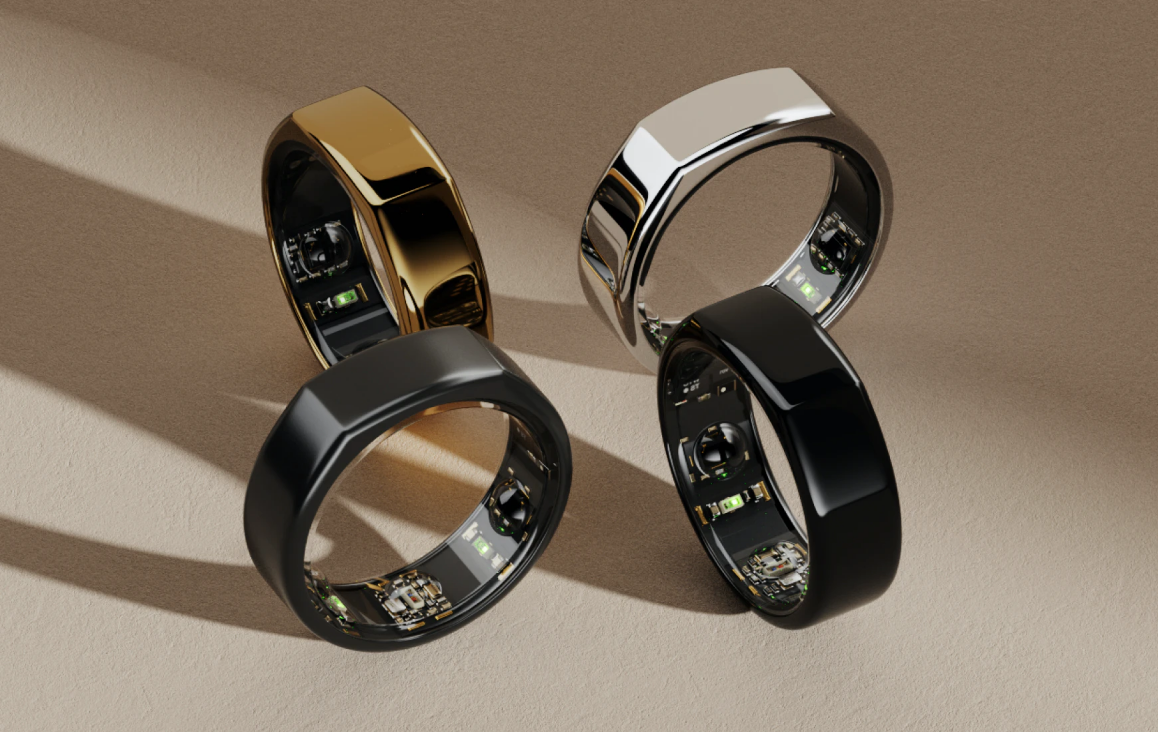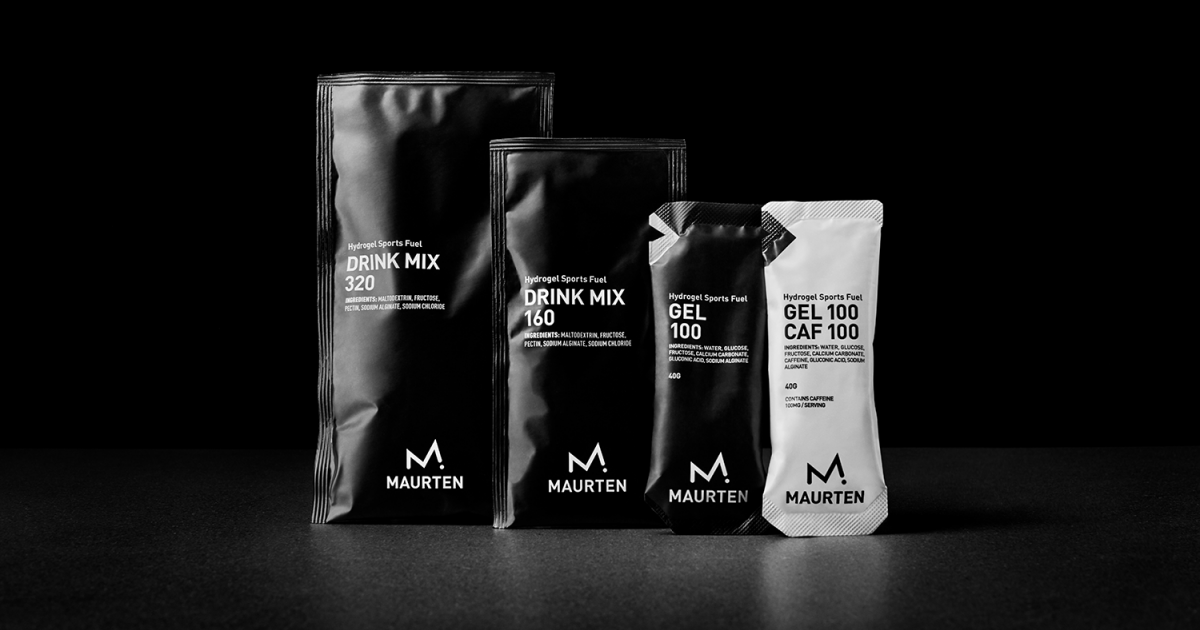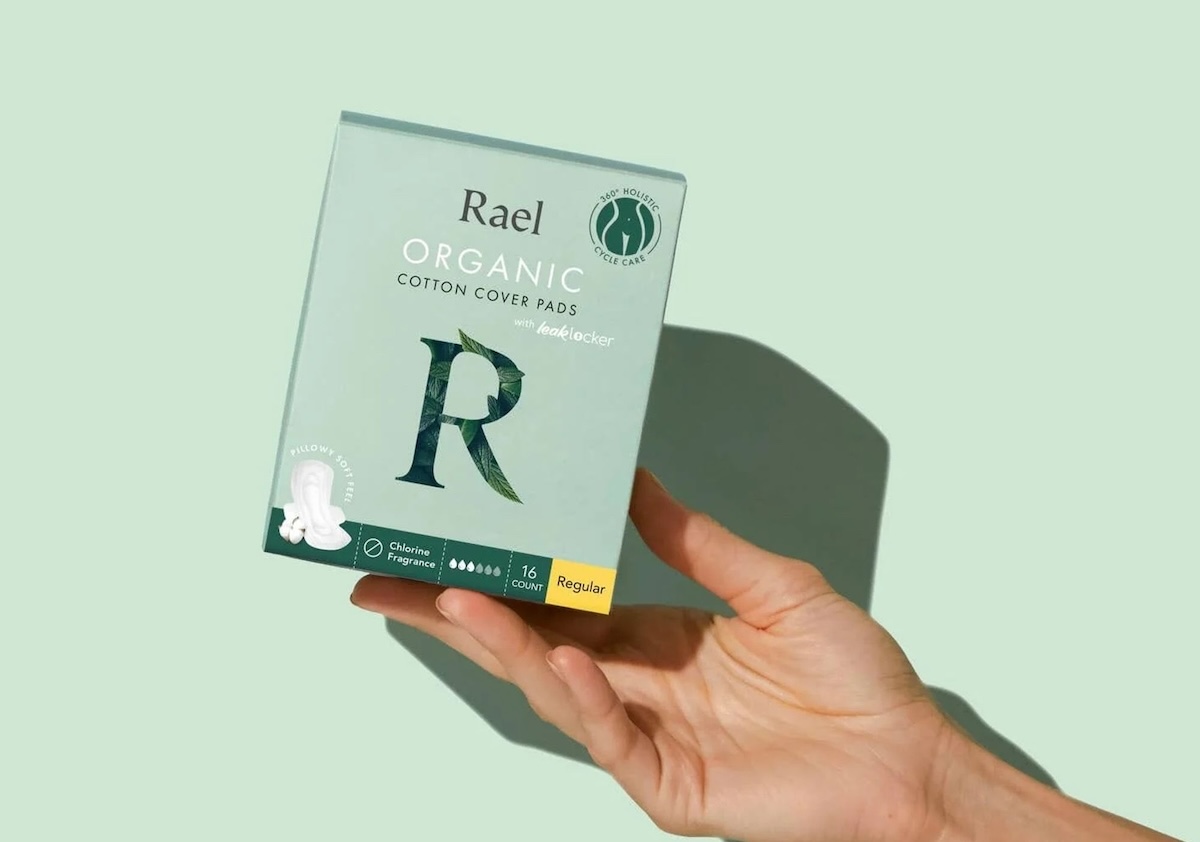Smart ring maker Oura secured a “meaningful amount of capital,” valuing the company at $2.55B.
After eclipsing 1M rings sold—and logging 2.5B sleep hours—this March, Oura hopes to separate itself from other wearables.
Full Circle
The company has found success in delivering frictionless wearable technology — weighing between four and six grams, users receive personalized data on sleep, heart rate, temperature, and more… often without realizing they have it on.
But, last October, Oura made some big changes. In launching its Gen3 ring, the company introduced new hardware and software.
With a historical emphasis on sleep tracking, Oura turned its attention to wellness of the waking hours, adding features for daytime heart rate, restorative time (non-sleeping restful moments), live heart rate, and period prediction.
Expanding its offering and bolstering its business model, the company also introduced a monthly membership. The $5.99/mo. subscription unlocks daily health insights, personalized recommendations, and content like meditation, breathwork, and sleep training.
In June 2022, Oura will step further into medical device territory, activating features for exercise analytics and SPO2 (oxygen saturation), as well as updated sleep staging debuting this fall.
Ring Wars
Oura has grown by leaps and bounds. In May 2021, the company had sold ~500K total devices, up from 150K from spring 2020. Now, in a little over a year, they’re at 1M. Clearly, fitness-tracking rings are booming.
Competition ahead. Two ring rivals will emerge this year: Circular and Movano. France’s Circular wants to hack your daily health, providing both digital and haptic feedback. Meanwhile, Movano has intentions to diagnose chronic illnesses and add CGM technology.
Also notable, Fitbit filed a patent for an SPO2-sensing smart ring last year. When that comes to market is anyone’s guess.
What to watch: Oura has a big head start. And currently, they’re the only ring maker to have a monthly subscription (read: recurring revenue) in place. With more funding in the bank, Oura will set its sights on reproductive health, illness detection, recovery, and mental health — and given its quick success, other wearable companies may be looking to put a ring on it.
 Oura
Oura


